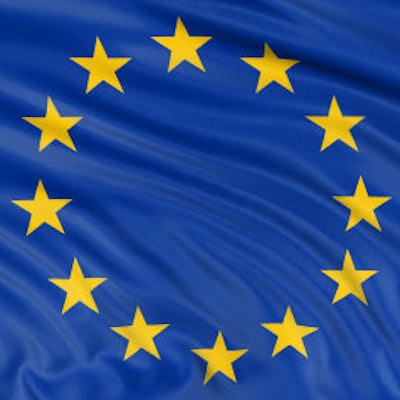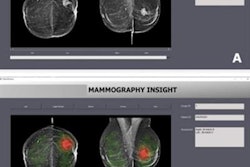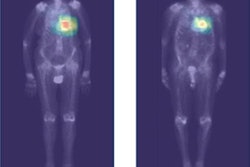
The Renew Europe group is applauding the adoption of the Europe Union (EU)'s Artificial Intelligence Act (AI Act) in the committees of civil liberties and of consumer protection.
The group called this framework "pioneering," saying it makes way for the world's first horizontal regulation on AI. It also said this report creates a common definition for AI between EU states and sets ground rules for AI' use. Among other things, the act prohibits the deployment of certain practices, such as the use of facial recognition in public places. Additionally, those using AI tools considered high-risk will have to show "great transparency" in how they are used.
In radiology, AI is being increasingly used to help detect cancers on medical imaging, as well as help predict disease in patients based on images such as mammography, ultrasound, and CT, among others. Additionally, it has been investigated to help radiologists with workflow management.
More recently, research has explored the large language model ChatGPT and its use in medicine, radiology included. Studies have shown that while there is potential for the AI tool to be used alongside radiologists, it still has a way to go.
The Renew Europe group said this approach respects fundamental rights and the EU's democratic values, provides legal certainty, and makes way for the development of a single market for lawful and safe AI.
The report is expected to be put to a vote in the plenary session of the European Parliament in June. The group said that once the act is endorsed by the Members of the European Parliament, interinstitutional negotiations between the European Parliament and the Council can start.



















